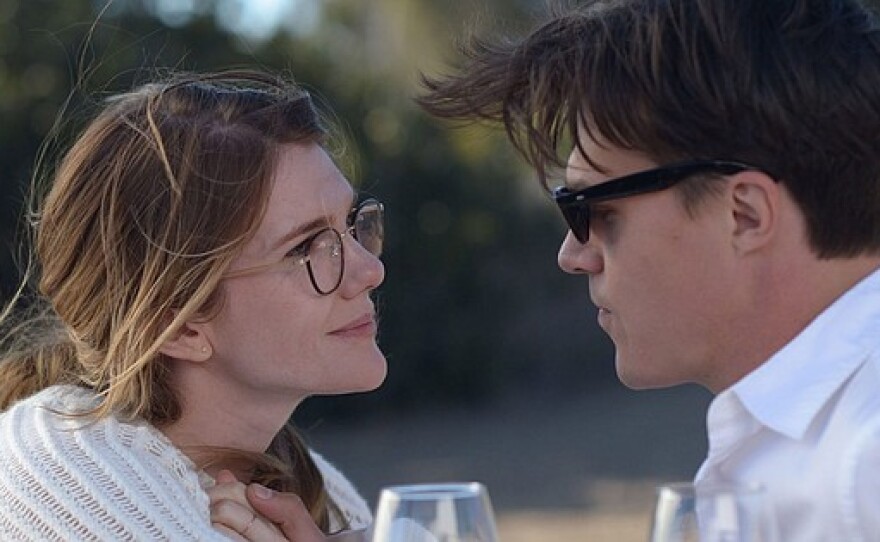William Shakespeare's plays are more than four centuries old, yet they can still captivate an audience and deliver themes that resonate. On today's podcast, I speak with theater and film artists about how to bring the Bard to life for modern audiences.
This podcast is dedicated to Shakespeare. I wish everyone could share my passion for the Bard. My parents raised me on Shakespeare. We had a Shakespeare board game. I was seeing Shakespeare plays on stage from the age of 6 on.
I distinctly remember my dad sharing his love of Shakespeare with me and to prep me to see "Richard III" on stage at the Old Globe Theater in San Diego, he took me to the theater a few days before we were to see the production and made me put my ear up to the side door to hear the opening lines of the play, "Now is the winter of our discontent made glorious summer by this son of York."
I have been in love ever since.
In the hopes of encouraging you to seek out some Shakespeare on the stage and screen, I have a handful of interviews from theater and film people about how to adapt Shakespeare for a modern audience. I speak with director Kathleen Marshall about "Much Ado About Nothing," then with playwright Will Power about reinventing "Richard III" as "Seize the King," and finally to director Casey Wilder Mott and two of his stars about their new and wildly fun screen version of "A Midsummer Night’s Dream."
Marshall directs the production of "Much Ado About Nothing" now on stage at the Old Globe Theatre through Sept. 16. She reimagines the play in the Italian Rivieria of the 1930s. It’s Shakespeare through the lens of Noel Coward. Her interpretation connects the dots between the Bard’s famous battling lovers of Benedick and Beatrice and every romantic couple that sparred through a screwball comedy of the 1930s and '40s. It’s a sparkling adaptation.
For Power, all plays begin with language. For his new play "Seize the King" it was the heartbeat of William Shakespeare’s iambic pentameter that drove his creation. He gives us a modern take on the tyrannical Richard III done in a kind of hip-hop interpretation of the Bard’s verse. The play is having its world premiere at the La Jolla Playhouse and it runs through Sept. 16.
To the list of outstanding cinematic Shakespeare's you can now add Casey Wilder Mott’s absolutely delightful "A Midsummer Night’s Dream." The film moves the play to the present day where Athens looks remarkably like Hollywood and Hermia is a movie star, her dad is head of a studio, Helena is a screenwriter. and the mechanics are all film students at AFI … that’s the Athens Film Institute.
In addition, catch the new feature on my podcast of a quick review at the head of the episode. This time I check out "Puppet Master: The Littlest Reich," which boasts the talents of S. Craig Zahler ("Bone Tomahawk," "Brawl in Cell Block 99") as screenwriter and Fabio Frizzi ("The Beyond," "City of the Living Dead") as composer.


